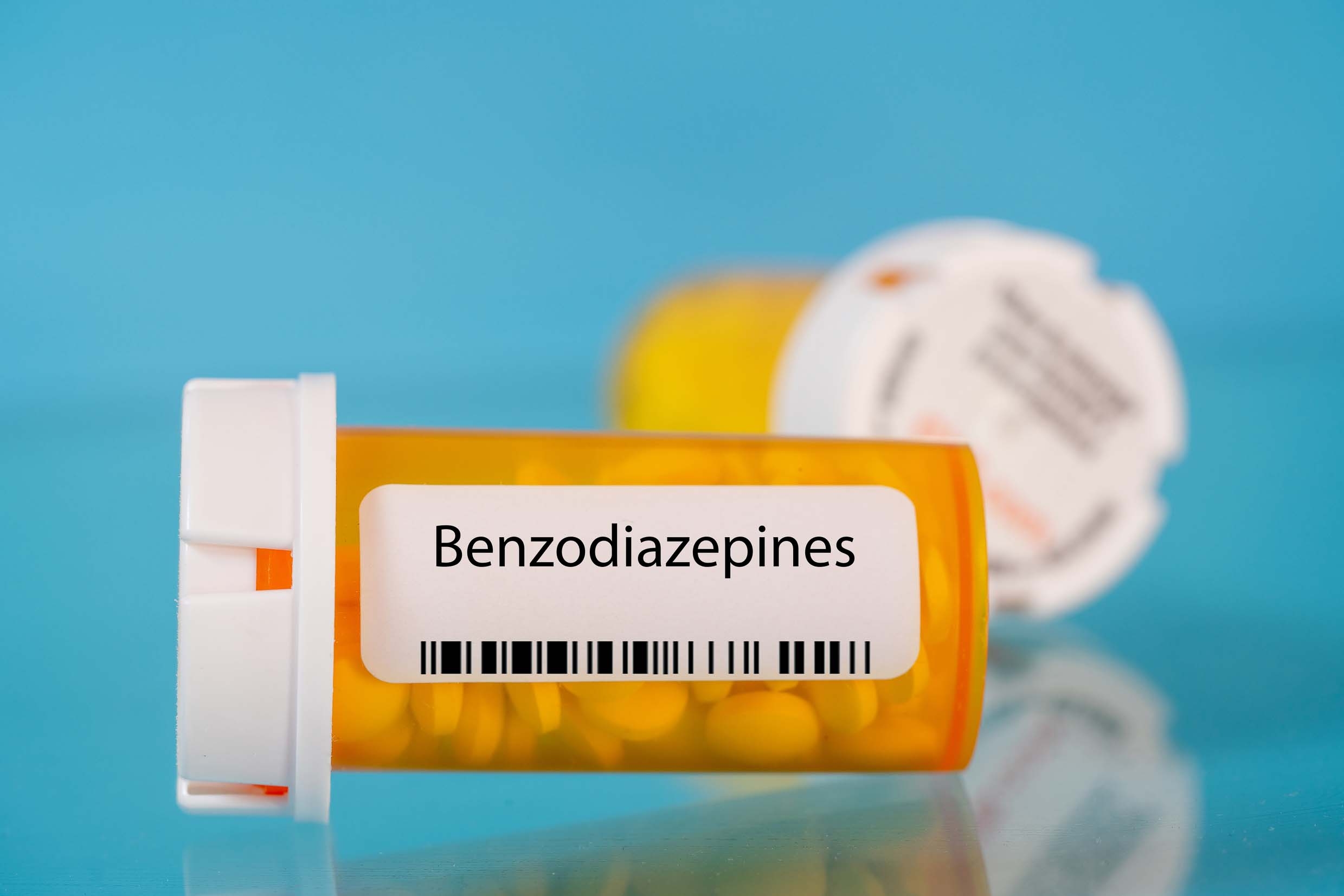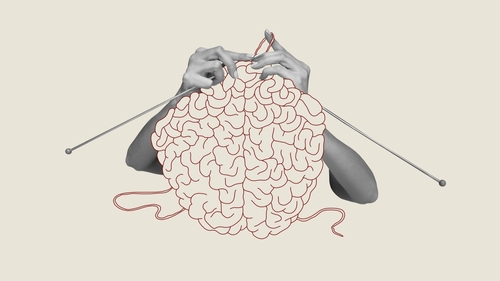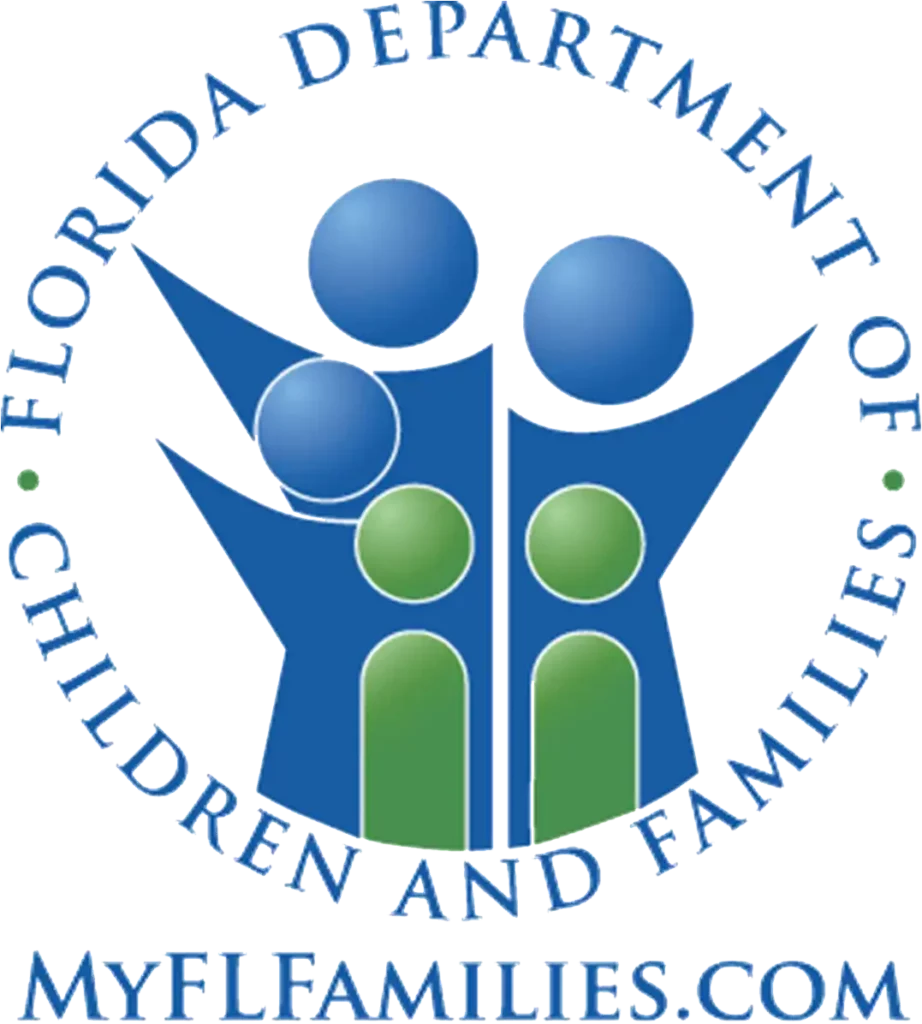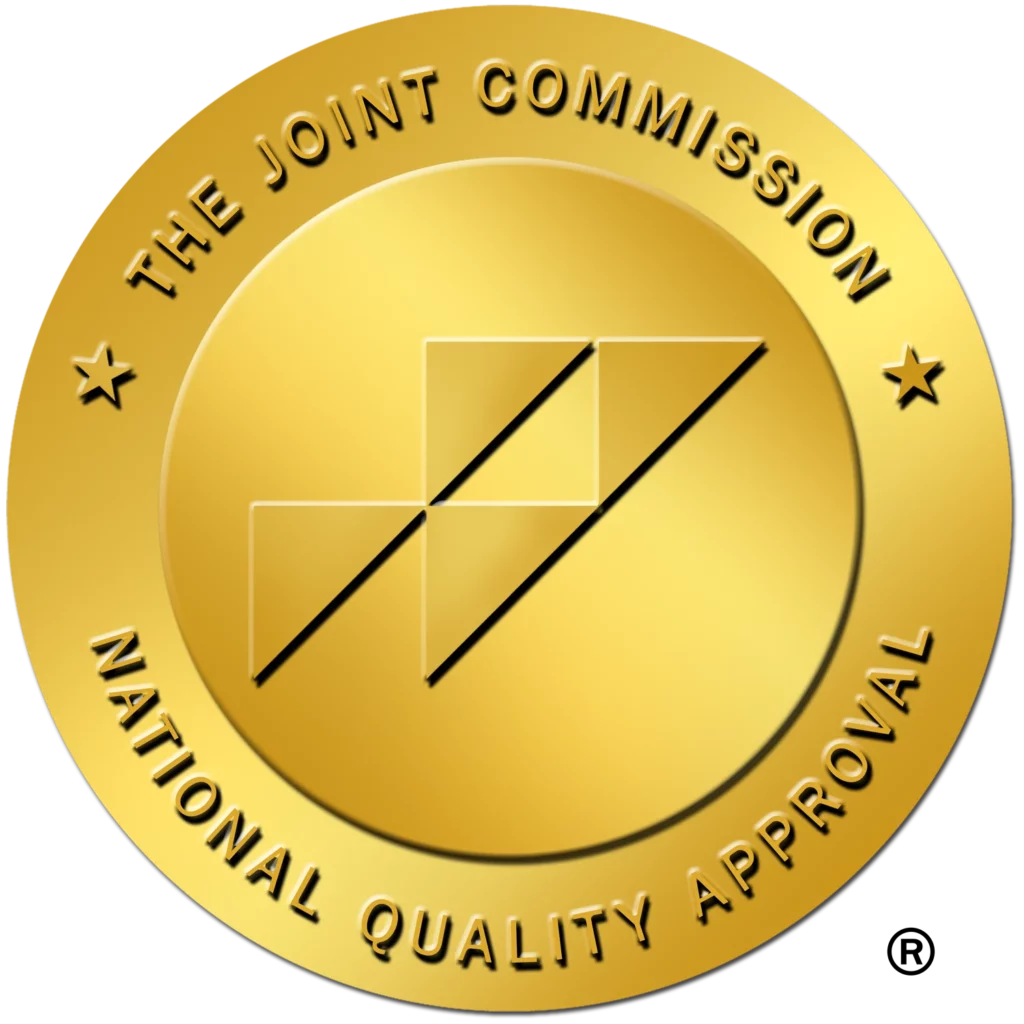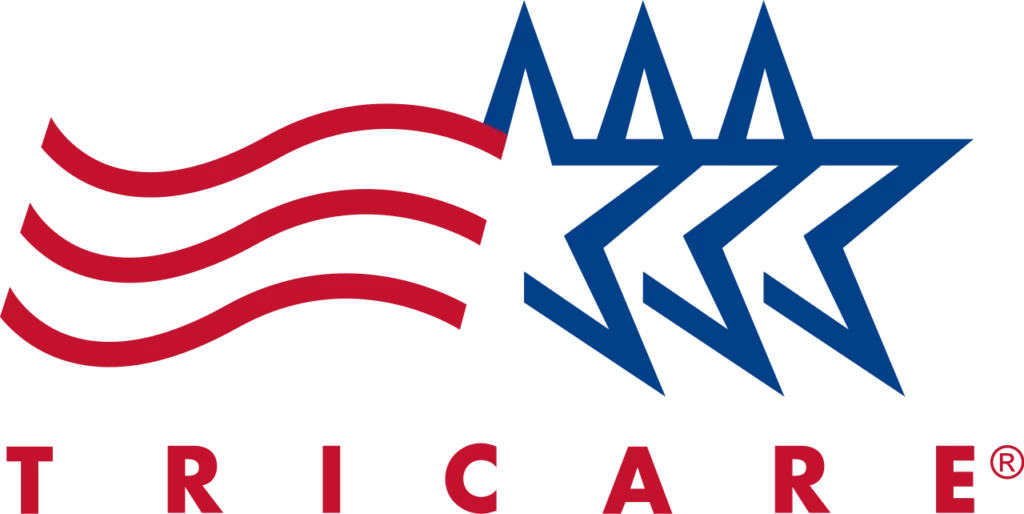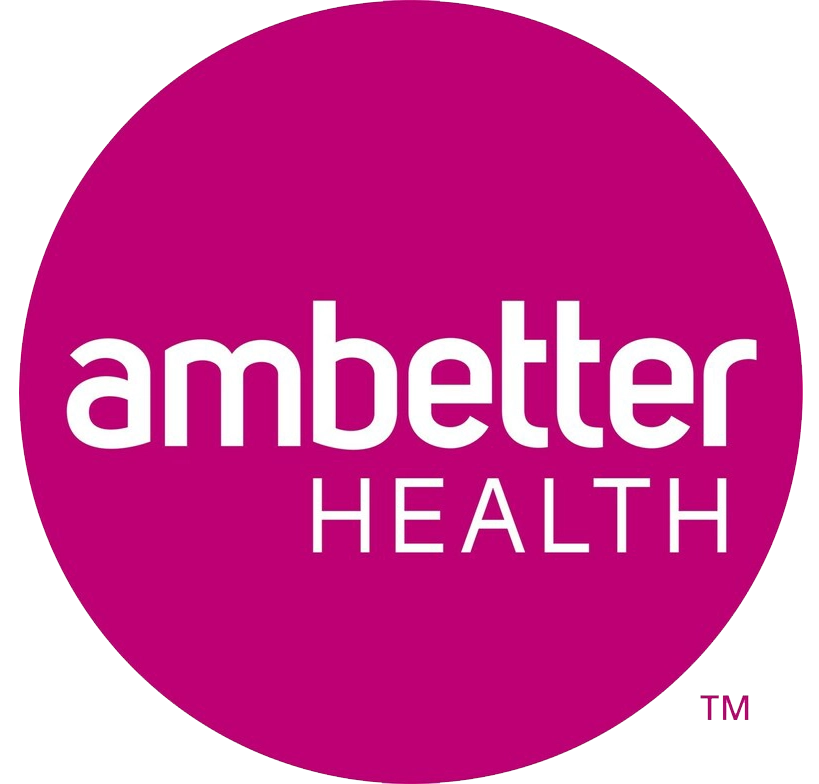TRICARE Approved Residential Treatment Centers: What is Covered and Do You Need One?
This entry was posted in Addiction Recovery and tagged tricare, tricare approved residential treatment center, tricare substance abuse, tricare substance abuse treatment on November 25, 2019 by Justin Baksh, MS, LMHC, MCAP, Chief Clinical Officer.

TRICARE is a health insurance plan that covers active duty and retired military as well as their dependents. Aside from the typical doctor office visits and medications needed to treat illness, it also covers TRICARE approved residential treatment centers. But which ones does it cover, for what purpose, and do you need one?
Conditions Treated at TRICARE Approved Residential Treatment Centers
According to the its website, TRICARE covers residential treatment centers for two disorders: mental illness and substance use disorder.

Mental Illness
In the case of mental illness, TRICARE approved psychiatric residential treatment centers provide a therapeutic environment that is highly structured and with 24-hour protection.
In order to receive this benefit, enrollees must be under 21 years of age and have a “significant impairment” that prevents them from functioning in everyday life – an impairment that cannot be adequately addressed with outpatient services yet not severe enough to require hospitalization. (Please note that this if for psychiatric residential treatment centers only. As you will see below, substance abuse treatment does not have this restriction).
Residential treatment center stays at a psychiatric facility are also covered if the child or adolescent is transitioning from either another program or from a higher level of care such as what a hospital offers.
In any case, prior authorization is required before being admitted to any TRICARE approved psychiatric residential treatment center.

Substance Use Disorder
TRICARE approved residential treatment for substance use disorder includes detoxification services – which is the safe withdrawal from abused substances under medical supervision – as well as rehabilitation from substance use disorder.
In order to take advantage of this TRICARE benefit, the enrollee would need to be diagnosed primarily with substance use disorder and have severe symptoms, or symptoms that require round-the-clock monitoring and care managed by a physician.
Impairment in several major areas of life needs to be evident as well in order to qualify for the benefit. Again, prior authorization is needed before admitting to a facility of this nature.
Do You Need a TRICARE Covered Residential Center to Recover from Substance Abuse?
Not all people who suffer from substance abuse need residential treatment. Those that do, however, can also benefit by stepping down into less intensive levels of care after their residential stay, easing back into everyday life as they grow stronger in their recovery.
For those covered by TRICARE, there are a full range of substance use disorder recovery services available in addition to a residential treatment center, starting with partial hospitalization. (Notably, there is no age limit on substance abuse residential center stays as there is on purely psychiatric residential stays).

Partial Hospitalization
Partial hospitalization allows for the benefit of several hours of treatment – as much as 20 hours or more, including group and individual counseling – while living elsewhere. It’s the middle ground between full-time hospitalization or residential treatment and outpatient treatment.
A covered service for both mental health and substance use disorders, partial hospitalization is appropriate for those who have a significant impairment that still allows functioning (with support) in some major life areas. Partial hospitalization is also appropriate if any level of outpatient service (intensive outpatient or outpatient) won’t allow you to “maintain yourself in the community.”
If you have already detoxed (or refrained from using your substance of choice until acute withdrawal symptoms have passed), you may be able to go straight into a TRICARE approved partial hospitalization program without the need for prior authorization. Even if you first need be medically detoxed for substance abuse beforehand and require stabilization afterward, you can qualify for TRICARE approved partial hospitalization.
Partial hospitalization is also appropriate if any level of outpatient service (intensive outpatient or outpatient) won’t allow you to “maintain yourself in the community.”
To find out whether or not you meet the criteria for partial hospitalization, you can contact a TRICARE approved facility directly and they can do a verification and prior authorization for you.
If living at home is not an option, a sober home/halfway house may be the ideal alternative. In fact, many of those recovering from substance abuse find it helpful to live a sober home while attending partial hospitalization programming.
In a sober home, you will be surrounded by other people who are also in early recovery from addiction. There, you can find support among the other residents, attend 12-step meetings, and locate employment if desired.
Sober homes are not covered by TRICARE insurance. However, they typically involve a minimal cost – one that is usually less than you could find for a rental – because the house is shared with others. Also, utilities and certain expenses (such as paper products) may be covered by the low rental fee.

Intensive Outpatient Programs (IOPs)
Intensive outpatient programs (IOPs) are the next step after partial hospitalization. You will receive anywhere from 12 to 15 hours of group and individual therapy at this stage. This reduced treatment schedule allows for even more time on your own to attend meetings, work a job, volunteer, or other activities.
TRICARE covers IOPs for its enrollees that have a substance use or psychiatric disorder. IOP treatment is appropriate if you are transitioning from a partial hospitalization program or even an inpatient or residential treatment center. If you require a higher level of care than outpatient would provide (think one to two counseling sessions a week of one hour each), IOPs can help bridge the gap.
According to the TRICARE website, you’ll need to check with your regional contractor on whether prior authorization is needed. If you are “stepping down” from partial hospitalization or residential treatment center care, the IOP facility can obtain that authorization for you.
Other Mental Health & Substance Use Disorder Therapies Covered by TRICARE
As a part of your treatment at each of these facilities, the following therapies are covered by TRICARE:
Medication Assisted Treatment
Medication assisted treatment combines medication and mental health therapies to treat substance use disorder. The TRICARE provider must have Drug Enforcement Agency special certification in order to prescribe suboxone.
Treatment must be administered through an opioid treatment program or in a office-based treatment center that adheres to Department of Health and Human Services and Drug Enforcement Agency regulations in addition to those of a state and local government.

Mental Health Therapeutic Services
About half of people in the United States who suffer from a substance abuse disorder also have a mental health disorder. Treatment for a mental health disorder is covered by TRICARE through psychotherapy, psychoanalysis, psychological testing and assessment, psychotrophic drugs, electroconvulsive treatment, and collateral visits when needed (visits with a family member or other “responsible person” and a provider).
Ancillary therapies such as art, music, dance and occupational therapy are also covered when provided by facilities that provide any of the levels of care covered by TRICARE for substance abuse – inpatient/residential, partial hospitalization, and IOP.
(Psychiatric residential treatment – non-substance-abuse related, where a psychiatric diagnosis is the primary concern – is covered for children and adolescents under age 21 only).
TRICARE Disclaimer
On its website, TRICARE states the following:
“The list of covered services is not all inclusive. TRICARE covers services that are medically necessary. To be medically necessary means it is appropriate, reasonable, adequate for your condition, and considered proven. There are special rules or limits on certain services, and some services are excluded.”
Again, any TRICARE approved facility should verify your insurance benefits before you are admitted. They are also tasked with obtaining a pre-authorization for any treatment or service they provide. Because they have worked with TRICARE, they should also be very familiar with what TRICARE covers and what it doesn’t.
The main thing to be concerned with is getting help for addiction and/or mental illness. TRICARE approved facilities can help do this – whether they provide inpatient/residential, partial hospitalization or IOP services. Allow a TRICARE approved treatment center outreach representative to walk you through the process, step-by-step. It all starts with one phone call.

